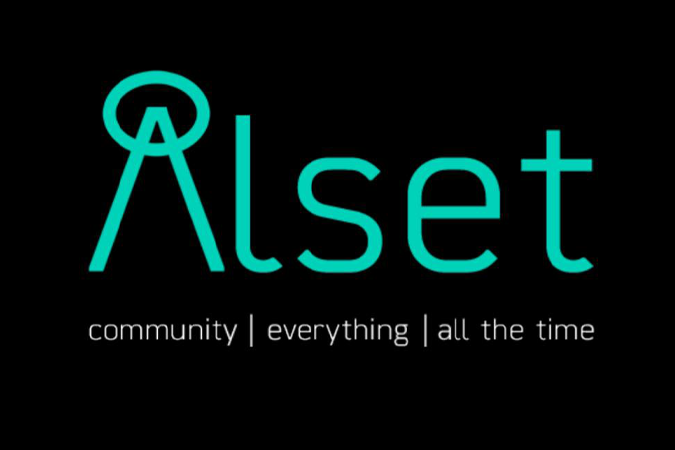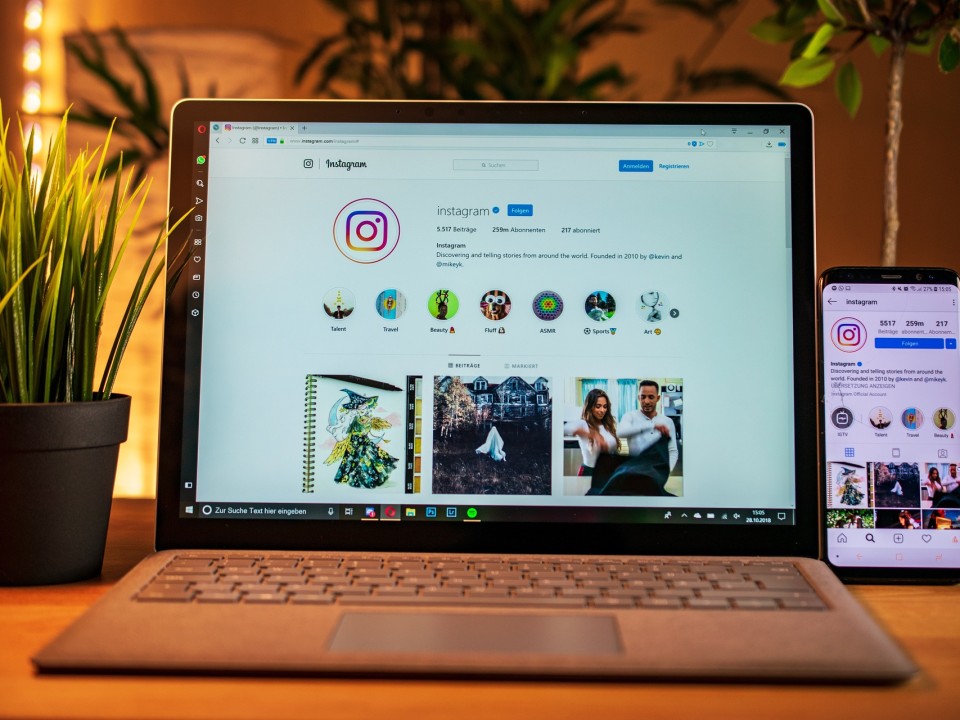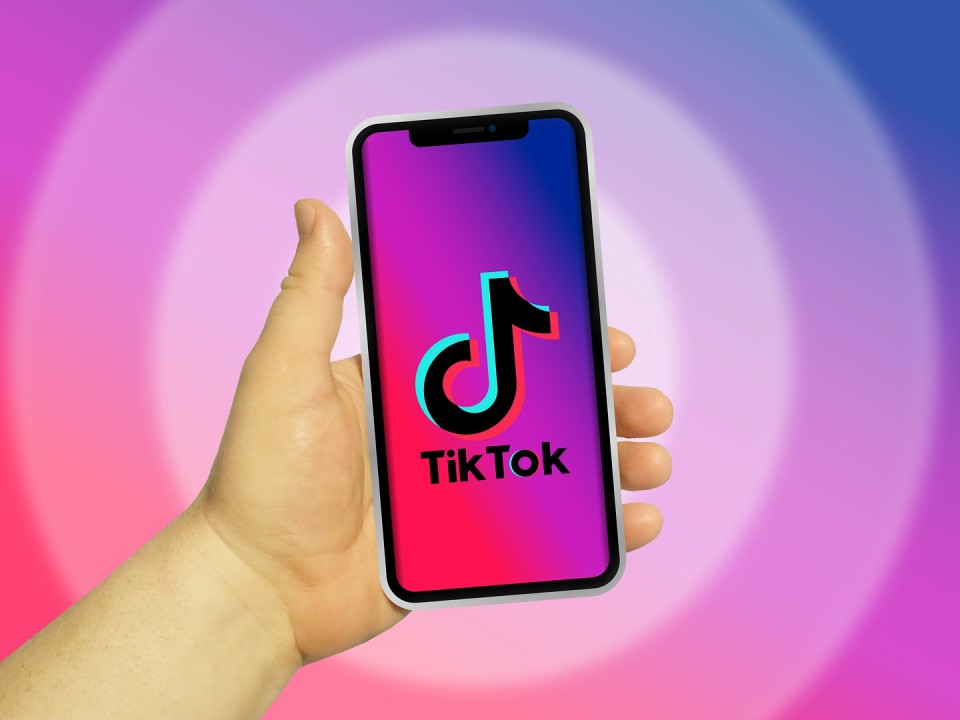The Best SEO Company In UK's Guide To Applied SEO Techniques
The SEO specialist team at our digital marketing agency has written about how to find great keywords, and how to utilise hyper local SEO to your advantage, before. Knowledge of how to select the right keywords for your business will help your SEO efforts and see your ranking in organic search results improve. However, search engine optimization is multifaceted; there are many factors at play when it comes to securing the result you want, i.e. your web page ranking on page 1 of Google. The Google algorithm takes into account a series of factors when compiling its rankings, and selecting optimal keywords in a given context is a specialist skill.
As such, compiling a list of strategically chosen keywords is one thing, but this isn’t the full story if you’re aiming for online marketing success. How you use those keywords is also important, and affects your SEO ranking on Google. There are a series of techniques that the Seek team recommend in order to do SEO properly, which we use to achieve results for our customers. At Seek Social, we always incorporate our SEO strategy into the web development process, so that the SEO strategy works well alongside the design of your website, i.e. which pages will link to one another.
In an increasingly competitive economy, a high SEO score is important if you want to stand out against your industry competitors, whether you sell clothing, are a health supplement brand, pharmacy, or any other brand. All companies, particularly new businesses or those in the growth phase, want exposure to their target market. Established businesses may be more concerned about customer retention or attracting new clients. In each of these scenarios, search engine optimization should be part of your content marketing efforts.
Effective SEO is your route to increased visibility for your business, and therefore higher sales figures or ROI. An effective SEO strategy means that your target clients can find you, and view your content – hopefully resulting in lead generation and increased revenues.
1. There are many ways to say the same thing
Any one piece of information or single concept could be expressed in literally hundreds of ways. It helps to bear this in mind when you’re having difficulty finding a good keyword for your webpage. The reason being, sometimes you need to change your approach. For example, rather than adding yet another modifier to an already long search term that isn’t delivering results, try rephrasing it instead. Think of another way of saying the same thing. If you’ve hit a block at this point and can’t think of different phrasing, then we have some ideas, from our experience in SEO, in the next two sections.
2. Think like you search
The expert SEO staff at our digital marketing agency know that people use language in a particular way when using a search engine….you might call it ‘Google-ese’. We don’t type our Google searches as we speak or write in other contexts. For instance, speaking over the phone you might say, “I’m in Essex and I’m looking for a sushi restaurant”. However, typing into the Google search bar, you’ll probably be inclined to write something like: “sushi restaurant Manchester”. The existence of ‘search engine speak’ is something those new to SEO often overlook. It’s definitely something to consider when selecting your keywords; it can help you to hone in on the most important parts of your key phrase. In turn, this enables you to more easily build long tail variants and alternative phrases around that core concept.
3. Step into your audience's shoes (and walk around in them)
A good starting point when writing for SEO purposes is to ask yourself: ‘what would I search if I wanted to find a particular thing online’? The answers you give are a good place to begin your keyword research. Next, you can add modifiers to your question or phrase, which helps to target certain demographics. This could be in a specific geographic location, a time or day, e.g. ‘hairdresser open now London’ or ‘hairdresser in Essex open Sunday after 5pm’ . Ranking for these very specific, ‘here and now’ style of search terms is called hyper local SEO, and helps with targeted advertising. Hyper local SEO terms are normally searched for on a smartphone, as people Google things they need in that very instant. It makes your product or service visible to a particular section of the market, who are in a particular area, or who are searching for a service or product at a given time.
Think: if I were a complete beginner to a specialist topic, what would I type into the search bar? If this is difficult, ask a friend who’s a layperson in your specialist field what they would naturally ask Google.
In our experience at Seek Social, the best time to think about these questions (your keywords or phrases) is after you’ve finalised the idea for your content, but before you actually begin writing. This way, you can identify the most optimal keywords, plan your prose around them, and weave them into your content during the web design process.
4. Don't believe the zero traffic myth
Search engine volume is a key metric for prospective SEO keywords, and generally, choosing phrases which are too popular is a bad SEO strategy. However, on the flip side, terms which generate too little traffic are also a bad idea from an SEO standpoint. The thing to bear in mind is this; just because keywords return a value of zero, it does not necessarily mean that nobody searched those terms last month. The ‘searches per month’ figures on sites like Moz or Ahrefs are only estimates. Websites using ‘zero traffic’ keywords could still be getting hundreds of visitors per month.
Our SEO team generally advocates targeting keywords in the 10-10,000 searches per month range as best practice. However, it’s probably still worth going after a keyword with zero traffic (according to tools like Moz), but which is a great fit for your content.
Other ServicesVIEW ALL SERVICES
5. Go after multiple keywords
You don’t just want to rank for one ‘ideal’ keyword. If you rank for one keyword, you also want to rank for longer-tail variants of that keyword. If you rank for ‘Spanish house music’, then you should also be looking to rank well for related search terms, such as ‘playlist Spanish house music’, ‘Spanish house music 2015’, etc.
This also works in reverse; if you use a very long, specific key phrase, then look to rank for the shorter, less specific variants too. So if you rank well for ‘Spanish electro house music Barcelona’, you are using a combination of several shorter keywords; ‘Spanish electro house music’ , ‘electro house music’, and ‘house music Barcelona’. If you use a keyword a certain number of times in a given piece of content, there’s a good chance your webpage will rank for that term, as well as your main keyword, and therefore be seen by additional groups of people.
The benefit of this is that it increases your likelihood of gaining additional traffic from other sources, i.e. people looking for electro house music generally (not specifically Spanish electro house), as well as people searching ‘house music Barcelona’ (but not specifically electro house). Using a range of keywords brings your business in front of a wider online audience – you’re more likely to get traffic from a wider range of internet users. This is especially useful if you’re a new business building your brand, but also for established companies looking to reposition themselves in the market. In short, whatever stage of growth your business is in, SEO is an important aspect of your broader marketing efforts.
5. The bigger picture
SEO is a continued effort – the trending keywords will change with time, so it will be important to modify your web content accordingly, in order to maintain high rankings in search engine results, and maintain (or increase) the level of web traffic your site gets.
Once you have a well optimised web site, and achieve a level of brand loyalty from your customers, you’ll be looking to increase your sales figures or views per month. Conversion rate optimisation is a system for increasing the number of visitors to a website who convert into paying customers, or who take any desired action (e.g. downloading an app). If you notice that you’ve lost sales, the problem solving process to find out why might be too much. A specialist digital marketing team will use software to find out where you’re losing customers, using analytics to track the customer journey, and will conduct a full evaluation as to why. The Seek team will look at your customer’s activity on your site, and identify where they’re leaving…..and not clicking ‘proceed to checkout’ or ‘download our app’.
These are the practical SEO techniques that our consultants recommend to improve your SEO score. However, SEO is a multifarious beast and choosing the optimal keywords for your particular business needs sometimes requires professional advice. If you do find yourself struggling, our SEO team is always at hand to share our advice. We’ll take a detailed look at your entire website, and recommend a strategy to improve your website ranking. All of our solutions are bespoke, and tailored to your particular business.
Stay up-to-date with our latest tips on Facebook and Instagram.









